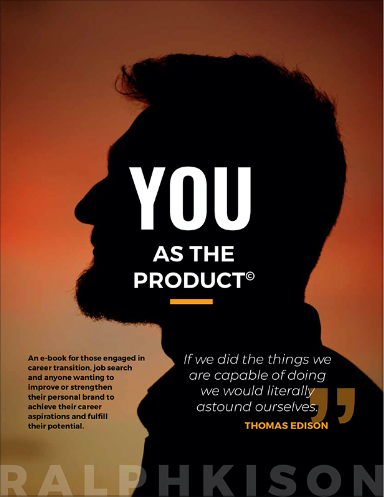I recently had the privilege of spending the better part of two days facilitating the Young Engineers of ASHRAE (YEA) leadership weekend. We started the session by exploring the challenging question of – What is your Why? I start by showing them the Simon Sinek video (https://www.kison.com//focus-on-the-one-thing-that-is-the-right-thing/) to get the ball rolling and from there we dug into what it means to them. The group explored how discovering their personal “why” could make them better engineers as it relates to the type of projects, companies and teams they chose to work with. We explored how their values and deep convictions, personally and professionally, should align to creating a personal vision, mission and values that shape a path for both their life and career. We began to develop their “why” statement to reflect and capitalize on their natural strengths and personality traits. This culminated Sunday morning by using their “why” statement to begin defining a personal brand position. The group seemed to know instinctively that companies and individuals who demonstrate a deep conviction to a cause or purpose based on their “why” are transformational change agents.
Many of us go through our lives in a perpetual mode of busy-ness based on task lists and juggling daily priorities. No matter how good your organizational skills are, or how hard you work, what you may be achieving may not necessarily be related to your why or be advancing your career.
This concept applies to everything in your life: your career, your personal relationships and your growth as an individual.
You should consider these three critical questions:
- Why you do what you do;
- How you do it; and,
- What you do.
For many people their “why” is determined by someone else, such as a parent, teacher or boss. For example, I have met people who became engineers because their father is an engineer. These individuals are intelligent and hardworking but often lack a deep sense of fulfillment or satisfaction from working solely on the technical aspects of a project. They often come to the realization that following in Dad’s footsteps seemed like a good idea at the time but simply fails to meet a deeper need for meaningful contribution. This usually happens with 3-5 years of graduation. Once these individuals discover their “why”, they may find that it relates more to leading teams, creating business opportunities and interacting with a wide spectrum of people. Individuals may become energized when their focus shifts from pure engineering to being a coordinator or catalyst for uniting a diverse group of people in a technical environment, or through effective networking to uncover new business opportunities and benefit from the effect their efforts have on many others.
Once you understand your “why”, the question of “how” must be addressed.
After you evaluate your “why”, the next step is to address the question of “how”. How can you get where you want to be? How can you be the person you want to be? How can you have the career that you deserve or crave? How do your values and principles guide you to bring the things you are committed to, or passionate about, to life? Do you have the discipline and commitment to not veer from your cause?
Living our “how” in a manner that reveals our “why” is one of the hardest things to do.
To achieve your “why”, you may require a trusted advisor such as a manager or supervisor, good friend or colleague or even a coach to assist you to develop an action plan. Your plan should be balanced between your personal and professional life. Succeeding at business while failing in your personal relationships is not true success; an objective advisor or coach can help you maintain balance.
Once you understand your “why” and “how”, the “what” is addressed.
Everything you say and do must prove you are committed to doing “what” is required to succeed. Review the following list and identify those outcomes that resonate most powerfully for you. The things you select will help reveal where you should be spending most of your time and energy. Your desired outcomes and supporting activities will enable you to align your passion and purpose and leverage your experience to achieve outcomes that are the most beneficial for you and others.
Consider the following points to help define your personal “why” statement.
- What drives you to do what you do? Is it money, recognition or power or is it a deep seated passion and belief that making a difference and having a positive impact on people’s lives, an organization or a cause is critical to success?
- Does your “why” make you inherently more valuable and build your personal brand not only to acquire a job and clients but in a way that potentially impacts society as a whole, your industry or profession because it leads to break through timing and innovation?
- Focus on your “why”. Knowing why you are doing something and what you hope to achieve is more important than defining what or how you are going to doing it.
- Does your “why” differentiate you from others and position you in the minds of your clients and colleagues and move you beyond being viewed as a commodity or value-add resource and make you either preferred, strategic or an innovator?
Here are two additional resources to help you apply your “why”. The first is my presentation to SMEI Vancouver where I provide some ideas on applying the concept in job interviews and to secure business. https://www.kison.com//resources/videos/#smei-why-hire-you
The second is Simon Sinek providing guidelines on how write a job ad using your firm’s “why” to recruit the best person for the position. http://www.youtube.com/watch?v=3tUIn1drcTc


Recent Comments